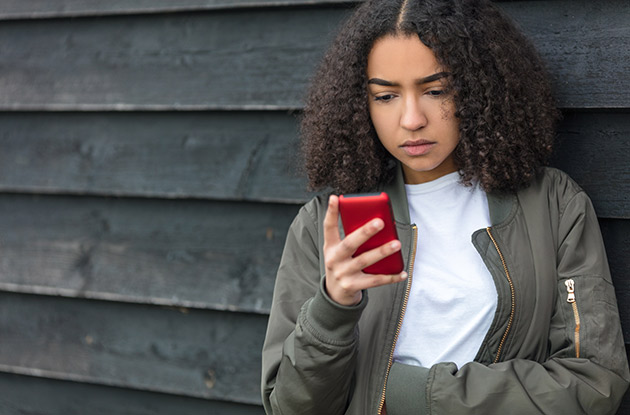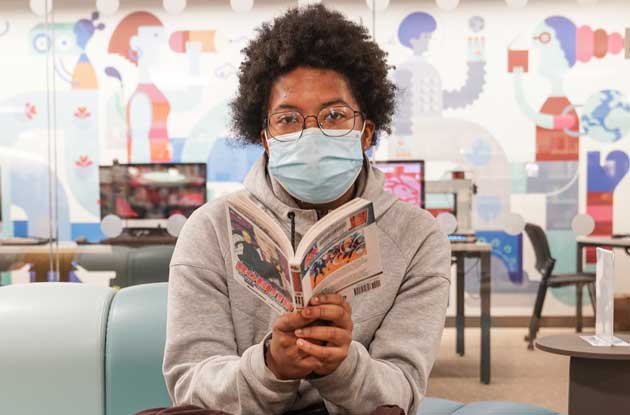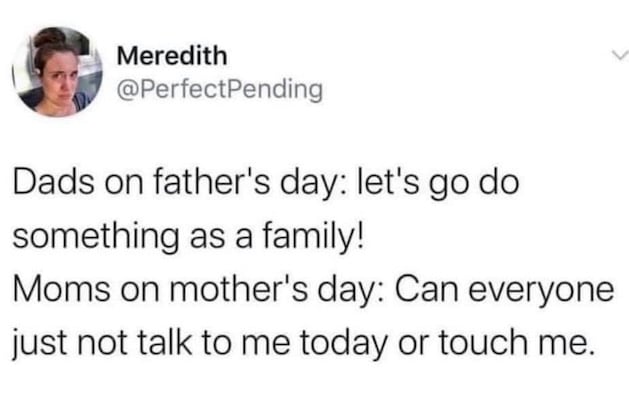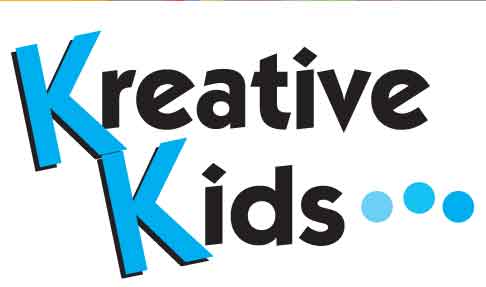
Everything You Need to Know About Cancel Culture
Here's everything you need to know about how cancel culture affects kids.
Get the Best Family Activities
Plus, cancelation can make individuals afraid to stand up for themselves or voice an opinion, says Alexandra Hamlet, Psy.D., clinical psychologist in the Mood Disorders Center at the Child Mind Institute, a nonprofit that helps children and families with mental health and learning disorders. She says that while there are instances when avoidance can be appropriate—such as when someone is racist or harassing—it’s always better to first have a discussion with the individual and help him understand that what was said is not okay.
“A question that should be asked is, ‘does the person really deserve the removal of support in such a reactive way for saying one thing that might have been disagreed with?’” Dr. Hamlet says.
Some Issues with Cancelation
A community that unites against someone who has done something unforgivable can be empowering. It can also make kids think twice before posting or announcing potentially offensive views.
But there’s a negative too. “It’s balancing this fine line because we want to give our youth and teens the opportunity and power to call [them] out when there are issues in teen behavior,” Dr. Sinclair points out. “The issue is, [cancelation] doesn’t leave opportunity for improvement.”
People—especially kids—make mistakes. Kids have not had as many experiences to learn from as adults have. Learning from failures allows adolescents to build up social skills, develop a sense of self, and develop a sense of relationships, Dr. Sinclair says.
In 2019, President Barack Obama disparaged the concept of canceling someone in an interview about youth activism. “The world is messy. There are ambiguities,” he said. “People who do really good stuff have flaws. People who you are fighting may love their kids and share certain things with you.”
And kids are often not told they’ve been canceled, or the reason behind it. A confrontation would at least provide them with an opportunity to apologize, learn, and grow, Duffy says.
Dr. Sinclair also points out that the confusion caused by social isolation often causes teens to become defensive and cling onto the opinion or belief that led to the cancellation in the first place.
Parents' Roles in Cancel Culture
Like any other difficult conversation with your adolescent, it is important to understand where your child is coming from.
“Cancel culture might make the parent really uncomfortable and alert them in a hyper-vigilant way, but it is important to hear from the kids what their emotion and experience is, whether it’s worry, sadness, or anger,” Dr. Sinclair says. “There can be a difference between validating a child’s emotion and agreeing with their behaviors. You can validate how frustrated they are and how confused they are without agreeing that canceling someone is the right thing.”
Also, as Duffy points out, cancel culture makes it difficult for adolescents to have transparent conversations about things they disagree about, which is an important life skill.
Dr. Hamlet suggests parents focus on teaching their child what it means to understand someone else’s point of view and that settling differences doesn’t have to mean blocking someone out of your life or unfollowing them on social media.









